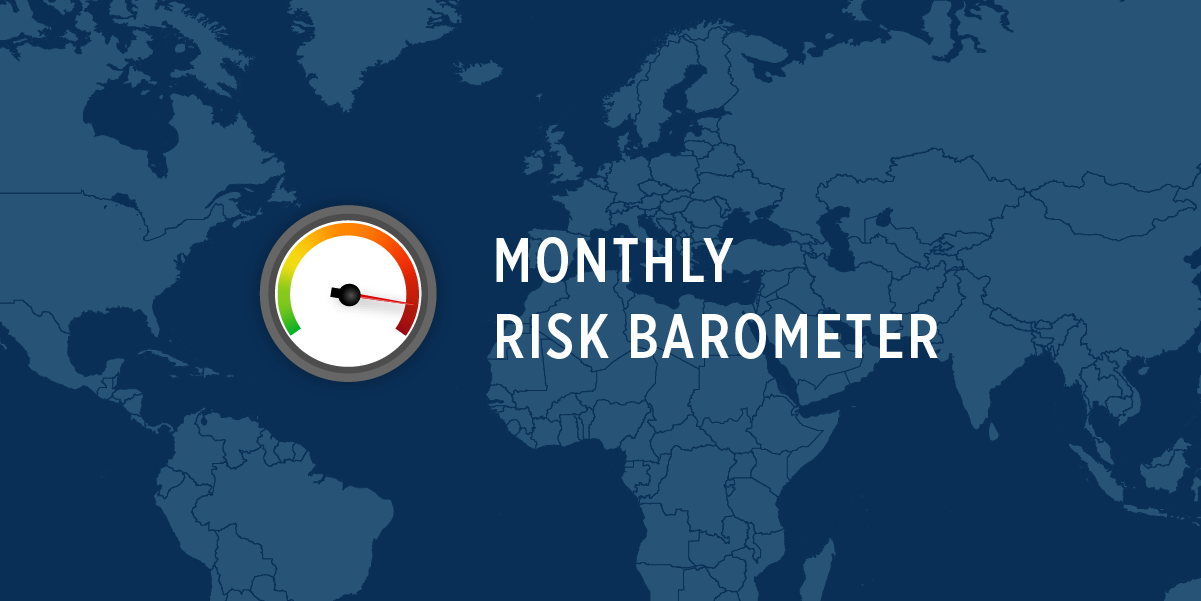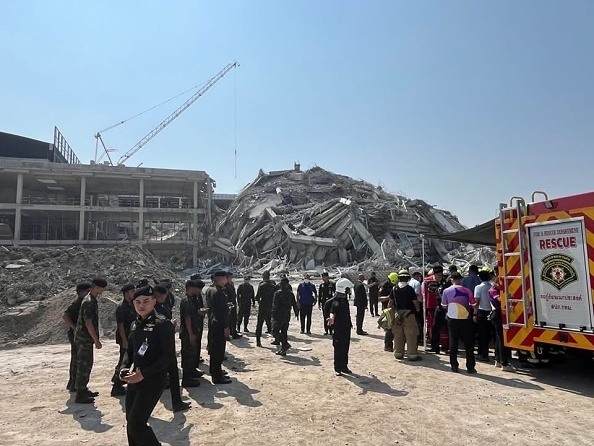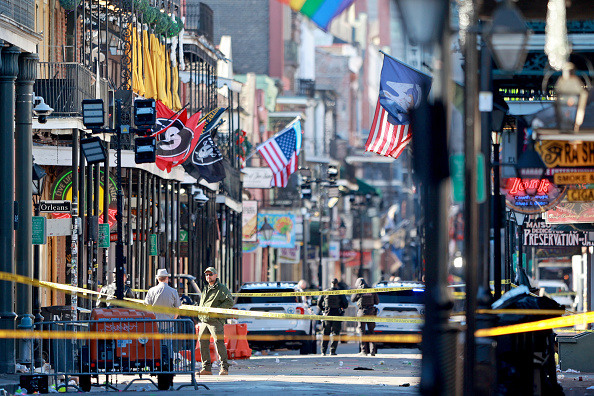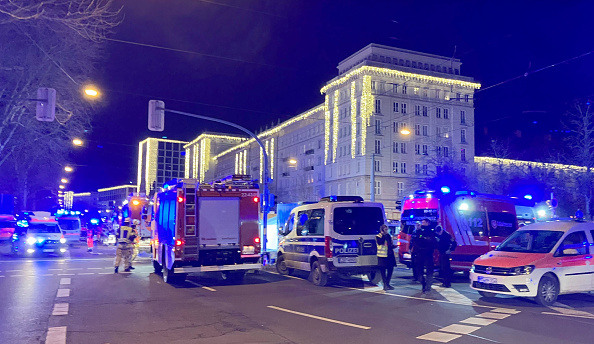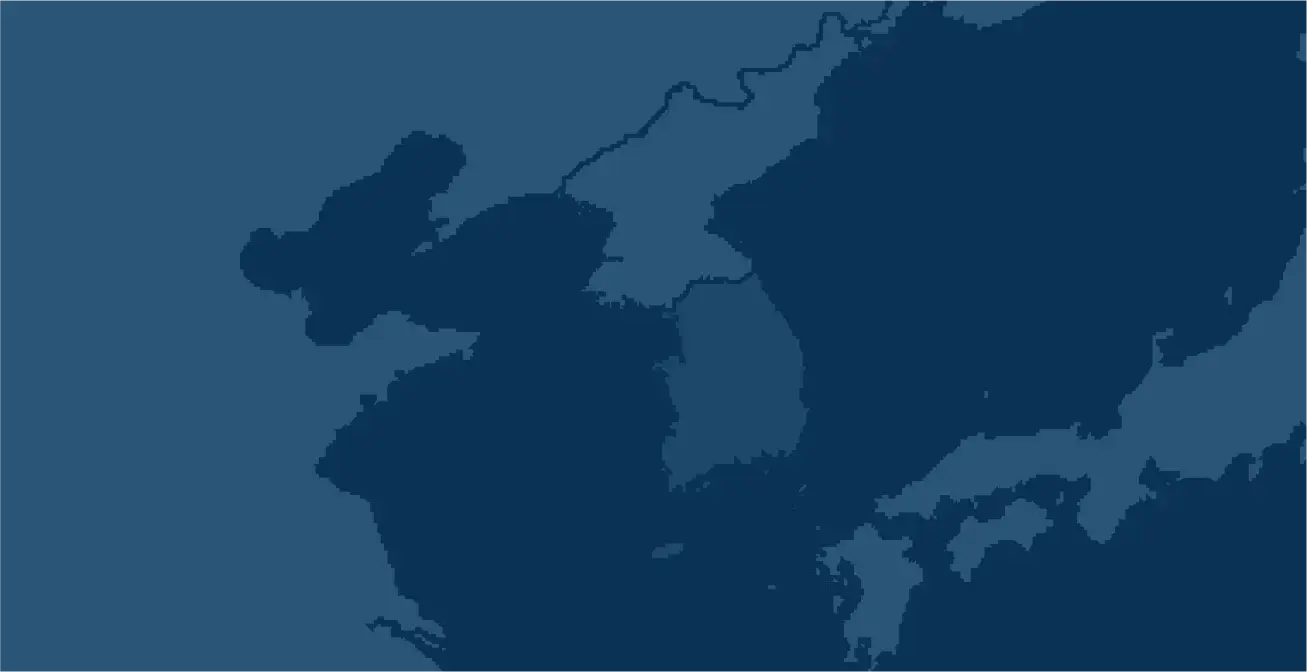Middle East | Serbia
In Global Guardian's monthly Risk Barometer, our Intelligence Team highlights current global hotspots with the potential to impact your business operations and travel. Read below for analysis on the threats we are closely monitoring this month and click here to subscribe for regular intelligence updates.
Slow-Motion Iran Crisis Begins
On 12 March 2025, U.S. President Donald Trump sent a letter to Iran’s Supreme Leader setting a two-month deadline for negotiating a new nuclear deal. In the following weeks, the U.S. deployed strategic military assets to the Middle East as both nations exchanged threats of military action. Diplomatic talks are scheduled to begin on 12 April 2025 in Oman. If diplomacy collapses, military escalation could endanger regional assets and personnel while triggering a global energy price shock.
- The situation is dynamic and unpredictable, making monitoring even more important.
- Firms with assets or travelers in or from the Middle East should plan for various escalation scenarios, to include evacuation preparations.
- Threats or the realization of military action could produce a global oil price shock.
- With strategic assets moving from Asia to the Middle East, a U.S conflict with Iran increases the likelihood of a Taiwan Strait crisis.
Situation Report
On 04 February 2025, U.S. President Donald Trump signed a National Security Presidential Memorandum (NSPM), renewing a maximum pressure campaign on Iran. The NSPM directs U.S. policy to deny Iran a path to a nuclear weapon and was reflected in President Trump’s 19 March 2025 remark: “There’s two ways to stopping them: With bombs or a written piece of paper.” In a 04 March 2025 joint statement to the International Atomic Energy Agency (IAEA) Board of Governors, France, Germany, and the United Kingdom stated that Iran’s increase in 60 percent U-235 material is “beyond any credible civilian use.” The U.S. government has since enacted four rounds of sanctions on Iran’s oil exports, several Iranian arms entities, and Iranian intelligence officers, among others. Iran’s rial currency has hit record lows as a result.
On 15 March 2025, the U.S. initiated an air and sea campaign on the Iran-backed Ansarallah (Houthi movement) to end the Houthis' 17-month Red Sea shipping embargo, which included over 190 attacks on commercial vessels. On 06 April 2025, reports revealed that Yemen’s internationally recognized government is now preparing to mount a ground offensive against the Houthis to retake the Red Sea port of Hodeidah.
On the ground, a major build-up of U.S. forces in the region is underway. Since March 25, 2025, approximately 120 U.S. military logistics flights have arrived in the region. To date, one-third of America’s THAAD anti-air batteries and B-2 stealth bomber fleet are now in-theater. The Harry S. Truman Carrier Strike Group (CSG) is in the Red Sea, and a second aircraft CSG will be arriving in the Middle East in the next week. The stage is set for a high-stakes game to compel Iran into complete, permanent, and verifiable disarmament.
Analysis
Nuclear weapons programs contain three elements: fuel (uranium enrichment or plutonium reprocessing), weaponization (integration of a fissile core, trigger mechanism, and explosives), and delivery systems.
As of today, Iran has sufficient stockpiles of 60 percent highly enriched uranium—95-99% of the effort to create “weapons grade” uranium—to produce seven crude nuclear devices and could do so in little over a week, per former CIA director William Burns. Iran’s large stockpile of medium range ballistic missiles (MRBMs) already features many missiles capable of delivering nuclear warheads, and its successful launches of space-launch vehicles indicate that Iran is inching closer to being able to field an intercontinental ballistic missile (ICBM).
Weaponization remains the missing component. The U.S. intelligence community currently assesses that Iran’s Supreme Leader has yet to direct the government to weaponize its nuclear program, though it also has cautioned that Iranian scientists have been conducting computer modeling and metallurgy experiments to fast-track weaponization.
Estimates vary on the timeline for a functioning nuclear weapon: from a few months for a crude demonstration device to 18 months for a deployable nuclear missile.
Thus, containing Iran’s nuclear program presents a paradox to policymakers in Washington, Brussels, and Jerusalem:
- A preemptive strike to prevent nuclear breakout could actually trigger it. Surviving centrifuges could be used to rapidly enrich uranium to weapons-grade, and Iran would gain justification to develop nuclear weapons.
- Delaying military action gives Iran time to develop covert or turnkey nuclear capabilities.
The basic premise of the 2015 Iran nuclear deal was to keep Iran 12 months away from being able to produce enough fuel for a bomb—a temporal buffer that no longer exists. With the knowledge it has gained and with the UN Security Council snapback sanctions set to expire on 18 October 2025, time is scarce. A total denuclearization agreement is the only framework that could effectively block Iran’s path to the bomb. Israel would view a weaker “less-for-less” deal as an existential threat that could prompt a strike, especially if its window for action closes via:
- The reconstitution of Iran’s air defenses and MRBM production
- Signs of weaponization
- 2028 U.S. presidential election
Looking Ahead
The situation hinges on the outcome of diplomacy and the internal redlines of President Trump and Ayatollah Khamenei.
Iran is likely to stall, but how the U.S. will react remains unclear. The current moment presents the best opportunity yet to compel a comprehensive nuclear agreement:
- A credible threat of U.S. and/or Israeli military action exists
- Iran’s “Ring of Fire” proxy defense network is severely degraded
- Iran’s ability to detect incoming aircraft is diminished
- Iran faces internal pressures, including:
- The worst currency crisis in decades
- Power outages in two-thirds of provinces
- Soaring food prices
France, Germany, and the UK—the remaining signatories of the 2015 Joint Comprehensive Plan of Action (JCPOA)—now appear ready to trigger snapback sanctions, which would automatically reimpose broad and enforceable UN sanctions. However, transatlantic geoeconomic tensions remain a complicating factor.
Given the influence of regime hardliners amid secession planning and the near-impossibility of ratifying a treaty in Congress, it is difficult to imagine Iran accepting a deal that strips it of its few remaining self-defense tools—particularly in light of Libya’s fate following disarmament.
If diplomacy fails, military conflict becomes likely. A U.S. and/or Israeli strike is unlikely to be a “one-off.” Iran’s nuclear and missile infrastructure is geographically dispersed and the Fordow, Natanz, and Isfahan sites are hardened and or buried underground or within mountains. Any strike would likely evolve into a sustained, multifaceted campaign involving direct military action, covert operations, and economic and information warfare. Follow-on efforts will be needed to delay Iran’s capacity to rebuild its nuclear program and retaliate against Gulf Arab states and Israel.
Iran is expected to respond proportionally, targeting the origin of the attack and attempting to manage escalation. However, since Iranian decision-makers understand that the U.S. and Israel enjoy escalation dominance, a tail risk remains that a cornered Iranian regime, fearing collapse, opts to employ all available offensive tools to include terrorism, blocking the Strait of Hormuz, or using its missile arsenal, before it potentially loses them.
Key Takeaways
|
Mass Anti-Government Protests in Serbia Portend Possible Regional Disruption
On 15 March 2025, over 325,000 demonstrators marched in Belgrade, making it the largest protest in Serbian history. The protest movement was sparked by the controversy surrounding the 01 November 2024 partial collapse of a train station canopy in Novi Sad, Serbia’s second-largest city, that killed 16 people. Scrutiny of the station’s construction and student-led calls for accountability quickly evolved into a broader anti-government movement, with President Aleksandar Vučić’s government entrenching its position. Security forces and counter-protesters have confronted demonstrators with violence, including the use of sonic weapons. Pro-government media has portrayed the protests as a foreign-backed color revolution, setting the stage for a likely escalation in tensions.
- Global Guardian advises avoiding all protests in Serbia and the broader Western Balkans, where demonstrations frequently escalate and face violence from both state and non-state actors.
- Monitor independent media for signs of escalation. Snap elections or martial law could rapidly mobilize actors and degrade the local security environment.
- Avoid rail travel in Serbia due to ongoing strikes and disruptions. Anticipate delays when traveling by road due to frequent intersection blockades.
Situation Report
Nearly six months after the Novi Sad canopy collapse, student-led protests continue to gain momentum. Students have occupied faculties at Serbia’s major universities, establishing strongholds in Belgrade, Novi Sad, Kragujevac, and Niš. Protesters are holding 15-minute “Serbia Stop” demonstrations daily, silently blocking intersections from 11:52 a.m. to 12:08 p.m. to mark the time of the collapse.
Students have drawn support from education workers, trade unions, professional associations, farmers, lawyers, healthcare workers, and students from neighboring Bosnia, Croatia, and Kosovo.
Authorities have responded with heavy-handed tactics. Football hooligans affiliated with the ruling Serbian Progressive Party (SNS) have also assaulted protesters. Counter-protesters drove vehicles through crowds on 16 January 2025, 24 January 2025, and 31 January 2025. Under pressure, authorities prosecuted two of the drivers. Serbian police have also likely deployed Long-Range Acoustic Devices (LRADs), marking the most high-profile use of the technology against civilians since its development.
Protesters have issued four demands:
- Public release of all documents related to the Novi Sad station construction;
- Dismissal of charges against arrested protesters and their supporters;
- Criminal prosecution of all assailants who attacked protesters;
- A 20% budget increase across all university faculties.
Timeline
- 01 November 2024 – The Novi Sad railway station canopy collapses, killing 16.
- 22 November 2024 – Students protest at the Faculty of Dramatic Arts in Novi Sad.
- 25 November 2024 – Organized counter-protesters, including senior SNS members, attack demonstrators in Novi Sad.
- 22 December 2024 – Protesters rally in Slavija Square, Belgrade, after police and hooligans assault earlier demonstrations.
- 31 December 2024 – President Vučić announces a new “loyalist faction” within the SNS, calling it “pro-Russia oriented” and “a bit too extreme for [his] taste.”
- 11 January 2024 – Demonstrators gather outside the BIA offices (Serbia’s domestic intelligence agency) in Novi Sad.
- 17 January 2024 – Protesters attempt to occupy the Novi Sad City Assembly; police repel them. Protesters announce their four demands.
- 15 March 2025 – Over 300,000 people—nearly 5% of Serbia’s population—march in Belgrade.
Analysis
The ruling SNS party has held power since 2017. President Vučić has maintained control by consolidating media, invoking nationalist sentiment, and leveraging Serbia’s intelligence services alongside organized criminal elements to suppress dissent.
While past protest movements eventually faded under government pressure, the scale and structure of the current demonstrations suggest a shift. Protesters organize through in-person cadres based on university faculties. These cadres meet to decide on actions, often beginning at university hubs and then moving to major commercial areas, official buildings, and transit points.
Unlike previous waves, this movement includes a broader support base, drawing in Albanian Kosovar, Bosnian, Croat, and Macedonian students. Despite the government’s efforts to delegitimize the protests, public support continues to rise.
Looking Forward
The Novi Sad collapse tapped into widespread anti-government and pro-democracy sentiment. The government cannot end the unrest without dramatically hardening or softening its approach.
Hardening Scenario:
- Escalating force to end the protests would likely provoke substantial international backlash. Serbia could find itself in direct conflict with its neighbors. On 18 March 2025, Croatia, Albania, and Kosovo formed a military alliance to contain possible Serbian aggression, extending an open invitation to Bulgaria. This path appears to reflect the Vučić government’s current orientation.
Softening Scenario:
- A free and fair election would almost certainly unseat the SNS. Polls show 80% of Serbians support the protesters’ demands, and over half say they would vote the ruling party out if elections occurred today.
- However, Vučić has historically manipulated elections and may now attempt to project openness while intensifying repression of opposition leaders. The decentralized protest structure may blunt the effectiveness of that strategy.
Key Takeaways
|

